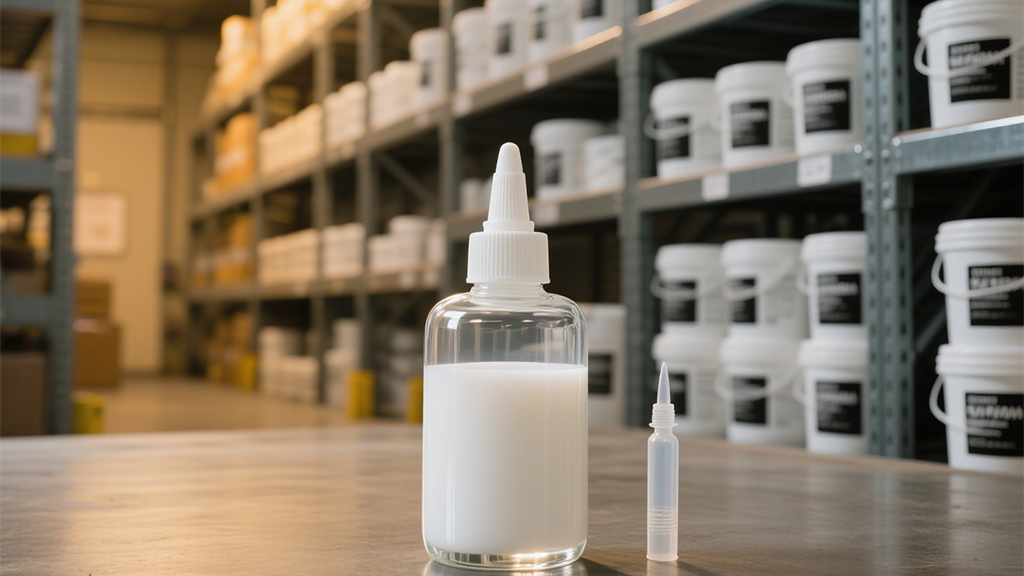Waterbased acrylic PSA cold resistance refers to the ability of water-based acrylic pressure sensitive adhesives to maintain critical properties—tack, adhesion, and flexibility—under low-temperature conditions (typically below 0°C), ensuring reliable performance in cold-chain logistics, frozen food packaging, and outdoor winter applications. At low temperatures, conventional adhesives may harden due to increased glass transition temperature (Tg), reducing surface tack and making bonding to substrates difficult, while brittleness can lead to cohesive failure when stressed. To enhance cold resistance, formulators optimize monomer composition by increasing the proportion of low-Tg monomers such as 2-ethylhexyl acrylate (2EHA) and octyl acrylate, which lower the adhesive’s overall Tg, keeping the polymer matrix flexible even in freezing conditions. Plasticizers, such as phthalate-free esters or polyols, are incorporated to improve molecular mobility, preventing the adhesive from becoming rigid without compromising cohesion. Low-melting-point tackifiers, including hydrogenated hydrocarbon resins or liquid polybutenes, are added to maintain surface tack, as they remain soft and sticky when the polymer matrix would otherwise stiffen. Crosslinking density is carefully controlled—moderate crosslinking ensures cohesion at low temperatures without excessive rigidity that could cause brittleness. Emulsion particle size is optimized (typically 100–200 nm) to promote better film formation on cold substrates, ensuring uniform coverage and intimate contact. Testing protocols include measuring tack (probe tack tests at -20°C and -10°C), peel strength from frozen substrates (e.g., cardboard, plastic films), and flexibility (bend tests at low temperatures) to validate performance. These formulations ensure that waterbased acrylic PSAs bond securely during application in cold environments, remain intact during refrigeration or freezing, and perform reliably when products are removed from cold storage, making them indispensable in cold-chain packaging and winter outdoor applications.
